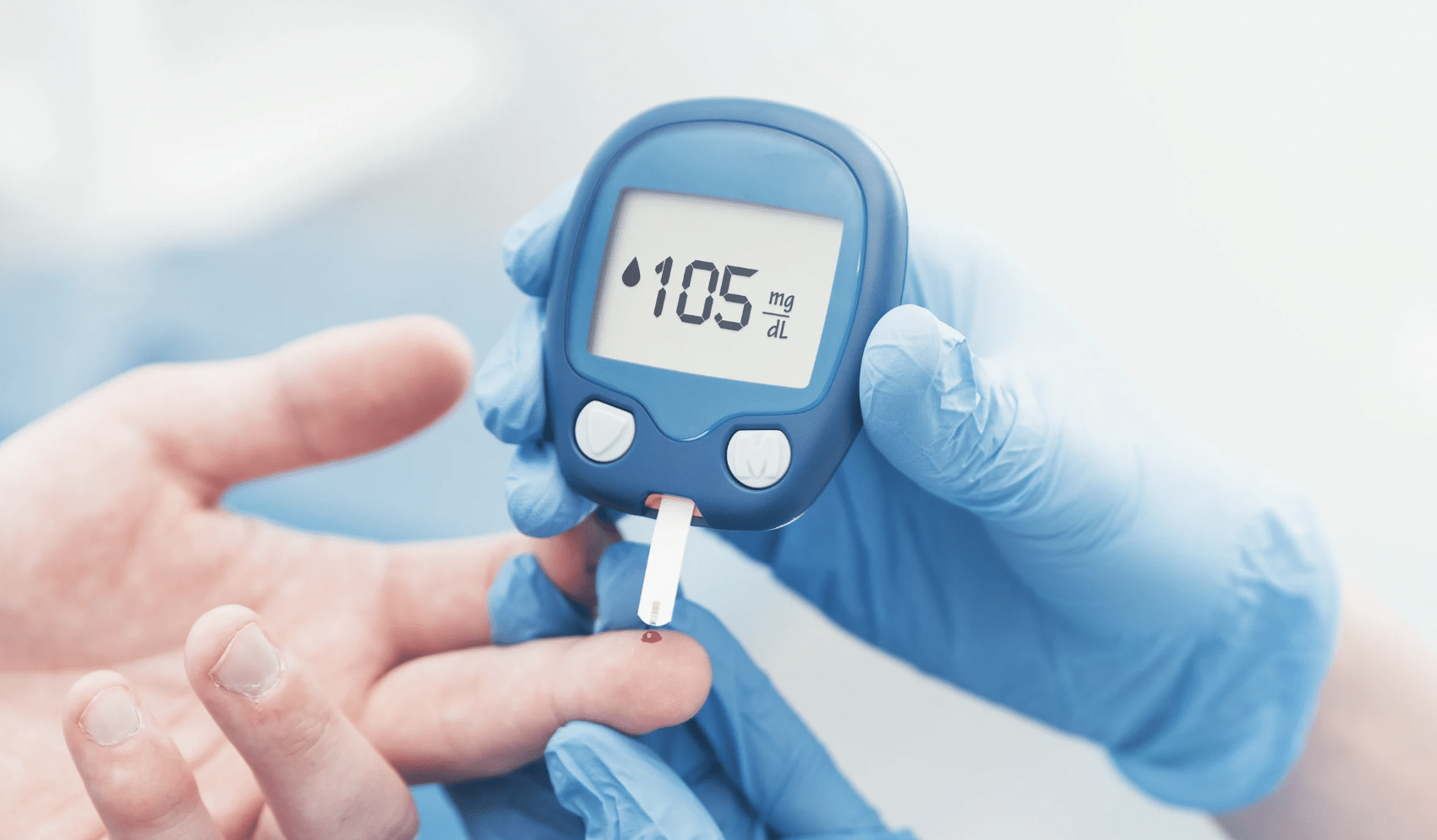What Are Medical Document Translation Services?
Medical document translation services are specialised services that involve translating various types of medical content from one language to another. These services are crucial in ensuring that medical information is accurately conveyed across different languages and cultural contexts. Whether it’s translating patient records, informed consent forms, clinical trial documentation, or medical device manuals, the goal is to ensure that the translated material retains the original meaning and is comprehensible to healthcare professionals, patients, and regulatory authorities in the target language.
Why Are Medical Document Translation Services Important?
Medical documents are often complex, containing specialised medical terminology that requires a high degree of accuracy in translation. Mistakes in translating medical documents can lead to severe consequences, including misdiagnosis, improper treatment, or non-compliance with regulatory requirements. This is why certified medical translations are often required, particularly for documents that will be used in clinical trials, patient care, or submitted to regulatory bodies.
Medical document translation services are indispensable in international markets, where pharmaceutical companies, medical device manufacturers, and healthcare providers must ensure that their products and services are compliant with local laws and accessible to non-English-speaking populations. For instance, translating documents related to medical devices must meet the stringent standards set by regulatory bodies such as the European Medicines Agency (EMA) or the U.S. Food and Drug Administration (FDA).
Types of Medical Documents That Require Translation
Several types of medical documents require translation, each with its unique challenges:
- Patient Records and Medical Histories: These documents often need to be translated when patients move between countries or when healthcare providers need to access information from foreign medical institutions. Medical records translation must be handled by professional translators with a deep understanding of medical terminology to avoid errors that could impact patient care.
- Informed Consent Forms: These are critical in clinical trials, where patients must fully understand the risks and benefits of participating. Translating informed consent forms into the target language must be done with precision to ensure that patients give informed consent based on accurate information.
- Clinical Trial Documentation: This includes study protocols, investigator brochures, and other essential documents required during clinical trials. High-quality translation is crucial to maintaining the integrity of the trial and ensuring that all stakeholders, including regulatory bodies, can assess the documentation accurately.
- Medical Device Manuals: The translation of medical device manuals must meet local regulatory standards and ensure that healthcare professionals can use the devices correctly. Errors in translation could lead to improper use, potentially endangering patient safety.
- Pharmaceutical Literature: This includes drug labels, packaging, and patient information leaflets. Pharmaceutical companies rely on medical translation services to ensure that this information is accurately translated, helping to prevent adverse drug reactions due to misunderstanding of the instructions.
The Role of Translation Agencies in Medical Document Translation
Translation agencies play a pivotal role in providing medical translation services. These agencies work with professional translators who are not only fluent in the source and target languages but also have a background in medicine or a related field. This ensures that the translation is not just linguistically accurate but also contextually appropriate for the medical field.
A high-quality translation agency will have a team of certified medical translators who are familiar with the regulatory requirements in different countries. For instance, translating documents for a clinical trial in Europe may require adherence to the guidelines set out by the European Medicines Agency, while in the United States, FDA regulations will be the primary concern.
Ensuring Quality in Medical Document Translation
Quality is paramount in medical document translation. Translation agencies often employ a multi-step process to ensure accuracy, which may include initial translation by a professional translator, followed by a review by another translator or a medical professional, and finally, a quality assurance check. This rigorous process helps to minimise errors and ensures that the translated document meets the highest standards.
In addition to linguistic accuracy, cultural relevance is also essential. Medical information must be presented in a way that is understandable and respectful of the cultural norms of the target audience. This is particularly important when translating patient-facing documents such as informed consent forms or pharmaceutical literature.
Our Understandings
Medical document translation services are a critical component of the global healthcare industry. They ensure that medical information, whether in the form of patient records, clinical trial documentation, or medical device manuals, is accurately translated and accessible to healthcare professionals, patients, and regulatory authorities across different languages and cultures. By working with a reputable translation agency that employs certified medical translators, organisations can ensure that their medical documents meet the highest standards of quality, accuracy, and compliance.
For more insights into the importance of medical translations and how they can benefit your organisation, you can explore articles on My Language Connection Ltd.

